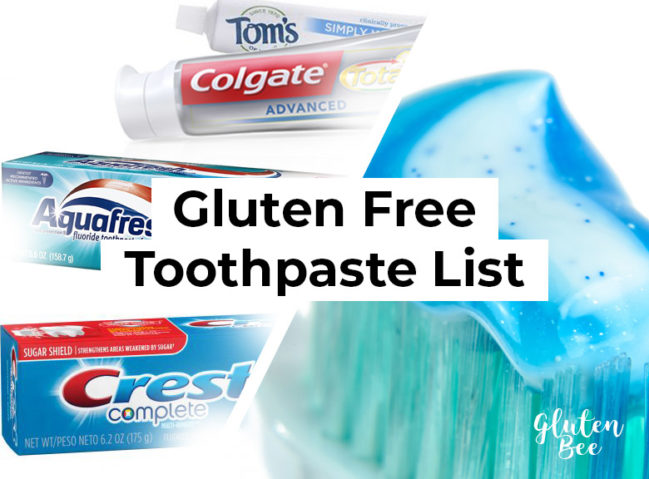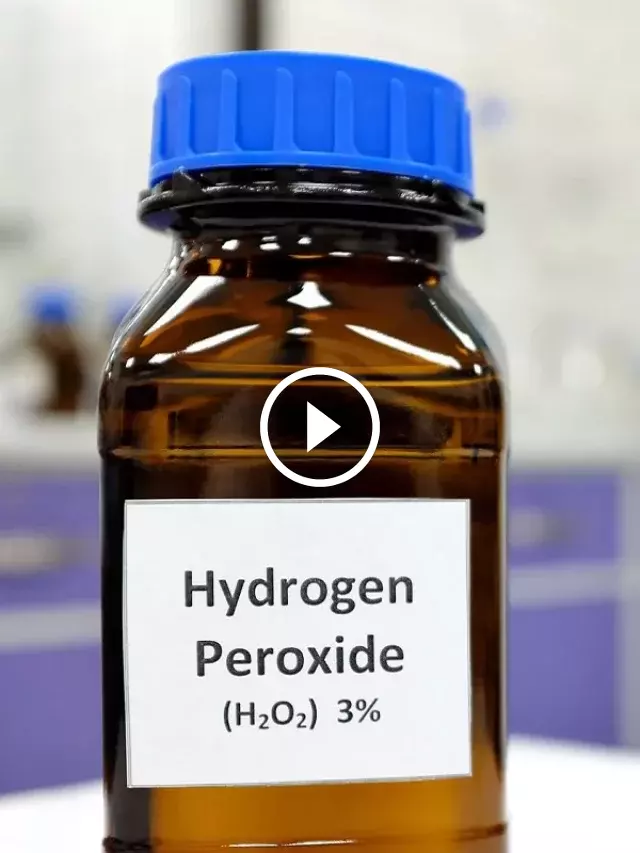What Causes Swollen Gums After Extraction? Quick Relief

Swollen gums after tooth extraction are a common phenomenon that can be unsettling and uncomfortable for patients. The extraction process, although typically straightforward, can sometimes lead to swelling due to various factors. Understanding these causes is crucial for managing symptoms and ensuring proper healing.
Immediate Post-Extraction Swelling
Immediately after tooth extraction, gums may become swollen due to the body’s natural response to trauma. The procedure involves making an incision in the gum tissue to access the tooth, which can cause inflammation. This initial swelling is part of the healing process, as the body begins to repair the site.
Factors Contributing to Swelling
Several factors can contribute to swollen gums after extraction, including:
- Infection: Bacterial infection at the extraction site can lead to increased swelling, pain, and discharge. Keeping the area clean and following post-extraction instructions carefully can help prevent infection.
- Dry Socket: Also known as alveolar osteitis, dry socket is a painful condition that can occur when the blood clot that forms over the socket is dislodged or fails to develop. This exposes the bone and nerve endings, leading to significant discomfort and swelling.
- Poor Oral Hygiene: Not maintaining good oral hygiene after an extraction can lead to infection and increased swelling. It’s essential to follow the dentist’s instructions for cleaning the area gently.
- Smoking: Smoking can impair healing, reduce blood flow to the gums, and increase the risk of complications, including swelling.
- Nutritional Deficiencies: Lack of essential nutrients, particularly vitamin C and zinc, can affect the healing process and contribute to swelling.
Quick Relief for Swollen Gums
Managing swollen gums after tooth extraction can be achieved through a combination of home remedies and professional care. Here are some quick relief methods:
Cold Compress
Applying a cold compress to the outside of the cheek near the extraction site can help reduce swelling. A cold, damp washcloth is ideal for this purpose. Apply it for 15-20 minutes at a time, with breaks in between.
Salt Water Rinse
Rinsing the mouth with warm salt water several times a day can help reduce swelling and fight infection. Mix half a teaspoon of salt in a cup of warm water and swish it around the mouth before spitting it out.
Soft Diet
Eating soft, nutritious foods that are easy to chew can help minimize discomfort and promote healing. Include foods rich in vitamins and minerals in your diet.
Over-the-Counter Pain Relievers
Over-the-counter pain relievers like ibuprofen or acetaminophen can help manage pain and reduce inflammation. However, it’s crucial to follow the recommended dosage and consult with your dentist before taking any medication.
Rest and Hydration
Getting plenty of rest and staying hydrated are vital for the healing process. Adequate rest helps your body recover from the procedure, while hydration keeps your mouth moist and promotes healing.
Professional Care
If swelling persists or worsens, it’s essential to consult with your dentist. They can:
- Examine the extraction site for any signs of infection or complications.
- Provide antibiotics if an infection is present.
- Offer additional guidance on managing swelling and promoting healing.
- Suggest further treatment if necessary, such as draining an abscess.
Conclusion
Swollen gums after tooth extraction are a common occurrence but can be managed with the right approach. By understanding the causes and implementing quick relief measures, patients can reduce discomfort and ensure a smooth recovery. If symptoms persist or worsen, seeking professional care is the best course of action to prevent complications and promote healing.
FAQs
How long does swelling typically last after tooth extraction?
+Swelling after tooth extraction usually peaks within the first 24-48 hours and then gradually subsides over the next few days. However, the duration can vary depending on the individual and the complexity of the extraction.
Can I smoke after a tooth extraction?
+No, it's highly recommended to avoid smoking for at least 24-48 hours after tooth extraction. Smoking can significantly delay healing, increase the risk of complications, and lead to dry socket.
How can I prevent dry socket after a tooth extraction?
+To prevent dry socket, avoid smoking, do not use a straw, eat only soft foods, and follow your dentist's instructions for oral hygiene and care after the extraction. Additionally, avoid rinsing the mouth vigorously or spitting forcefully in the first 24 hours.
Understanding the causes of swollen gums after extraction and knowing how to manage them can make a significant difference in the recovery process. By combining home care with professional advice, patients can ensure a smoother and more comfortable healing journey.

